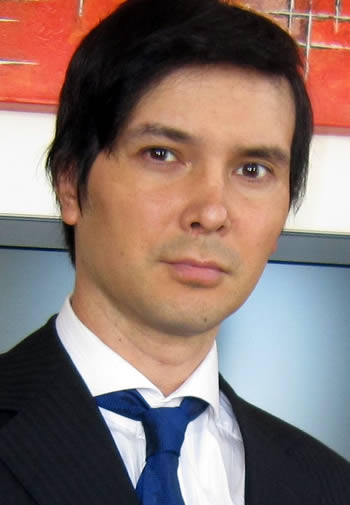FAQs Frequently Asked Questions
A: For the Market Direction Model, shorting a normal leveraged ETF instead of buying an inverse leveraged ETF removes the decay factor. On decay issues, please read:
https://seekingalpha.com/article/223261-shorting-with-etfs-3-things-to-consider
As the article points out, decay works to your disadvantage with leveraged ETFs in volatile markets that go nowhere, but works to your advantage in strongly trending markets. For example, if you look at the NASDAQ 100 vs it's 3-times ETF TQQQ from the low of 8/27/10 to the high of 11/9/10, the NASDAQ 100 was up 25.9% while the TQQQ was up 97.3%, or nearly 4x the NASDAQ 100, instead of the 3x it should have been.
Since the model switches signals on average between 12 to 20 times a year and usually exits after the uptrend or downtrend reverses, decay should have only a small impact if any.
That said, some may wish to take the decay advantage/disadvantage out of the equation by shorting normal leveraged (2-times and 3-times) ETFs on a sell signal instead of buying inverse ETFs provided you can get the borrow. Be careful of high fees associated with shorting ETFs. In our experience, there are enough ETFs out there that can be borrowed with little to no fees.
| First published: | 3 Sep 2010 |
| Last updated: | 15 Jun 2018 |
